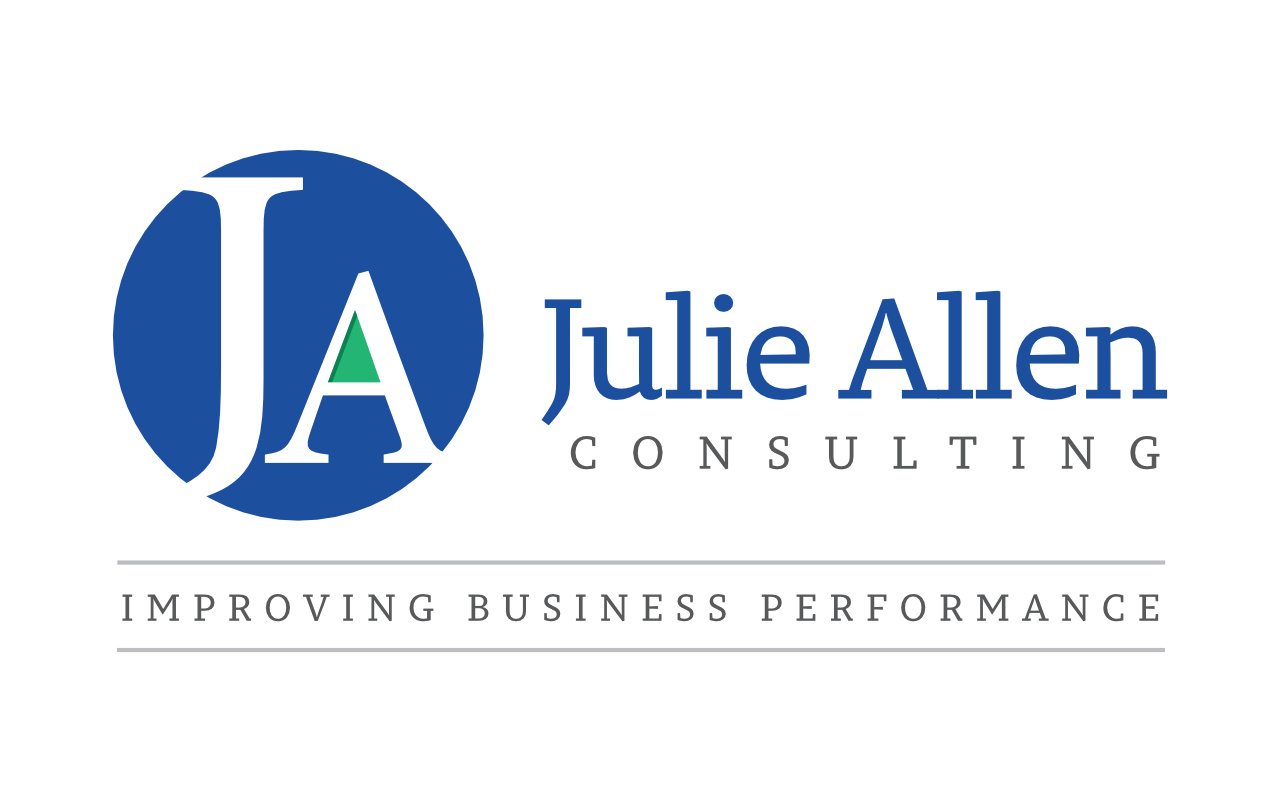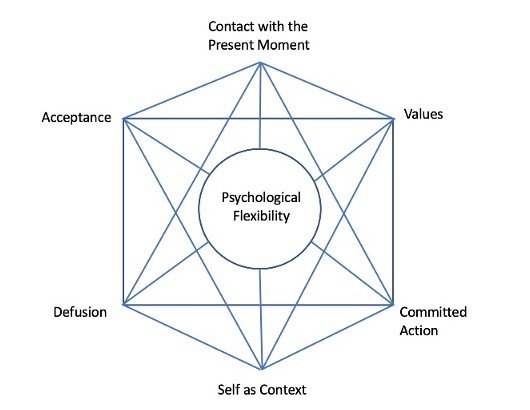The Most Important Skill to Good Mental Health
Research shows that psychological flexibility is the single most important skill for mental health and emotional well-being (Hayes, Ciarrochi, Hofmann, Chin and Sahdra, 2022).
For those suffering from anxiety, depression, addiction or other mental health problems psychological flexibility helps individuals deal with these issues more effectively and live the life they want to live.
“Psychological flexibility empowers you to stop fighting yourself and orient your life in a meaningful direction. It is accessible to you right here and now. And just like any other skill, the more you practice it, the better you will become at it.” (Steven C. Hayes Ph.D.)
What is psychological flexibility?
Psychological flexibility is an individual’s ability to behave in a way that brings satisfaction, even when uncomfortable thoughts are showing up in them. In practice, it allows people to notice new behaviours. When you’re inflexible, you’re not noticing all the different things you could do in your current situation. Psychological flexibility, on the other hand, helps people derive new behaviours, even when they have all sorts of unwanted thoughts and feelings. It lets people take that stuff with them and move towards what’s important.
How to create psychological flexibility
Acceptance and Commitment Therapy or Training (ACT) helps individuals to learn strategies to live life more in the present, more focused on what is important and less focused on unwanted thoughts, feelings and experiences by concentrating on six core processes known as the Hexaflex. The sole focus of ACT is to improve psychological flexibility.
Acceptance and Commitment Training 6 Core Process Model
Do you need further help?
If you are interested in a mindfully enhanced values-driven approach to executive coaching with a certified ACT facilitator please click the button below to book a complimentary discovery call using my online scheduler.

